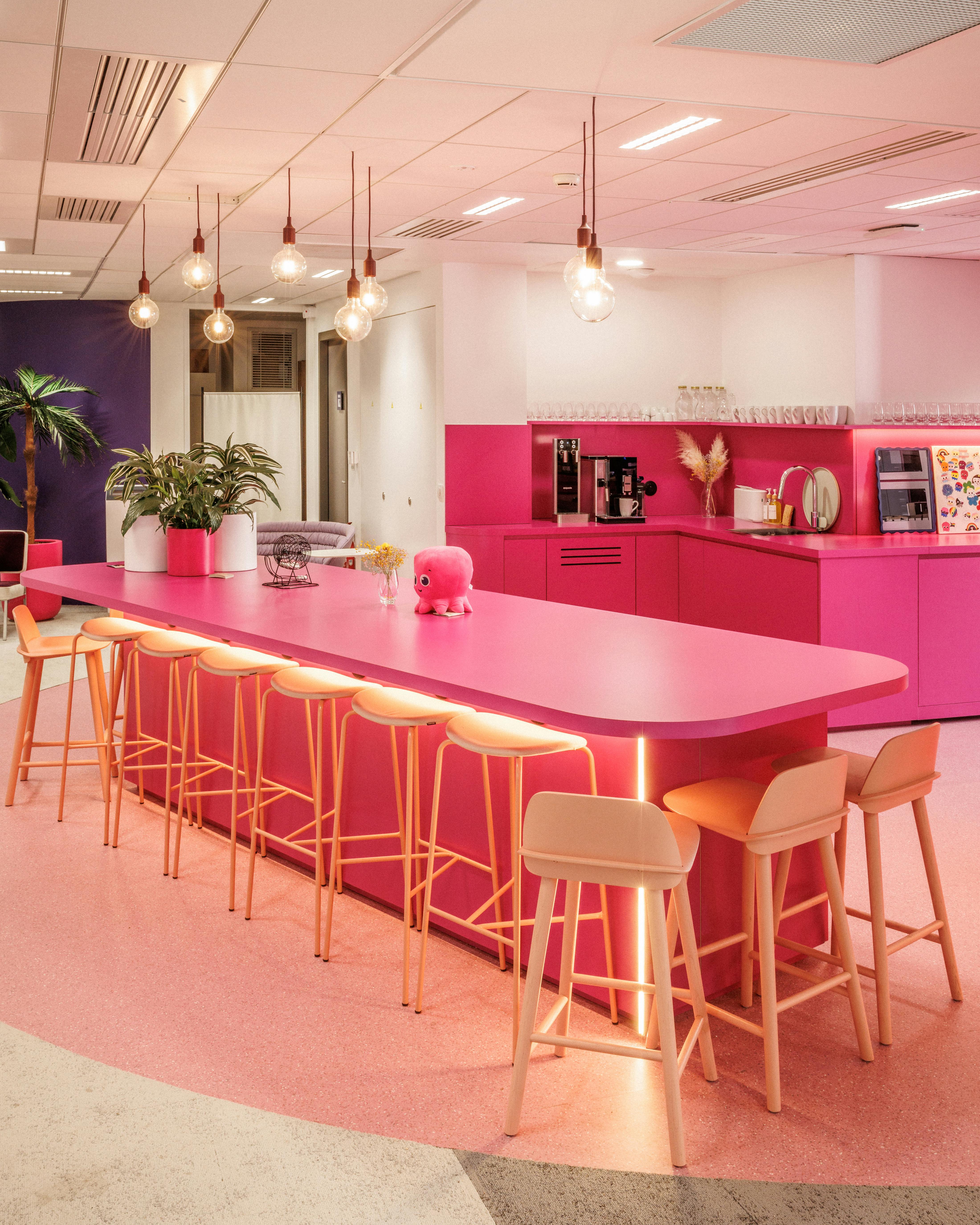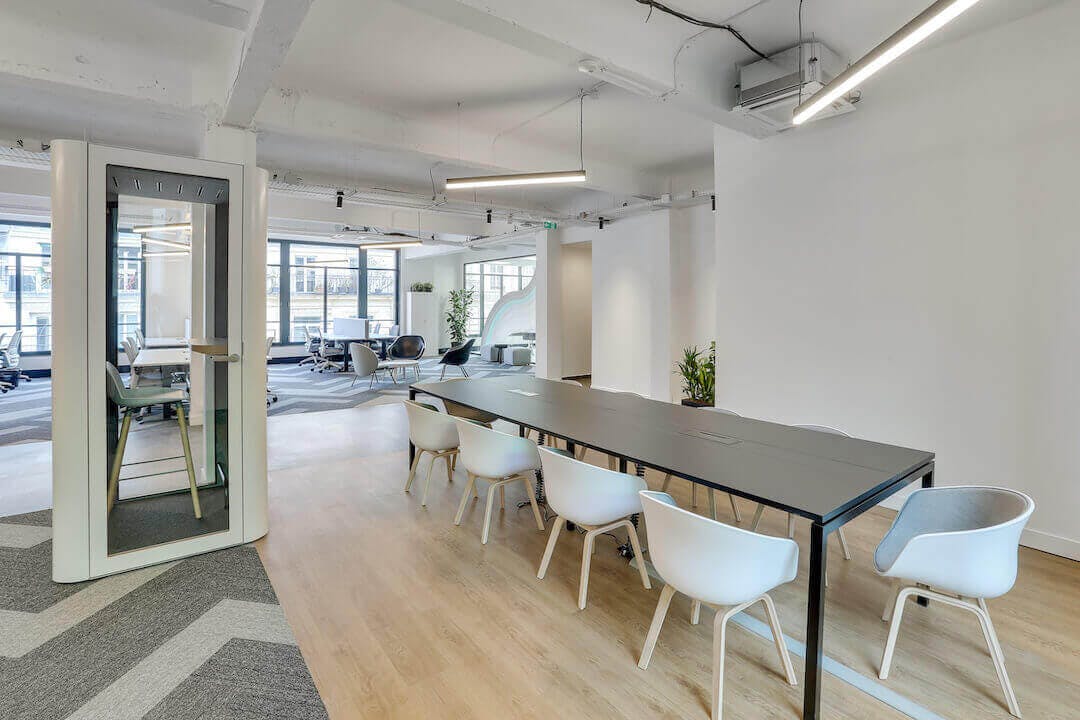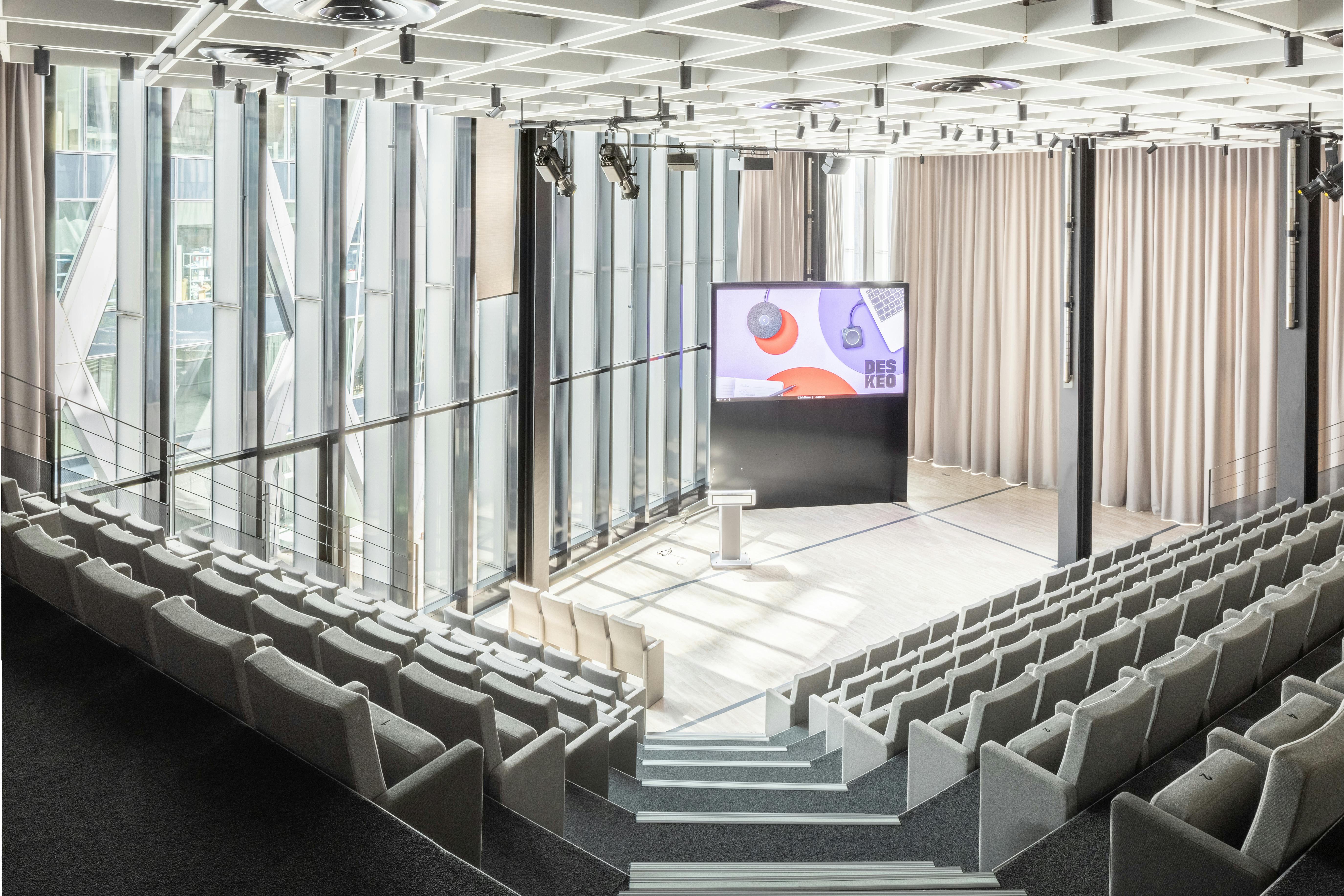

Flex office: towards the end of fixed offices?
The flex office refers to the absence of a workstation assigned to each employee, allowing employees to move to wherever they wish. Deskeo, the leading operator of flexible offices in France, presents the results of a national survey of 3,978 professionals on this topical subject.
Key findings:
- The flex office is on the rise: the majority of companies are planning to move to it soon (55%).
- Very few companies have adopted flex office so far (16%).
- Among these companies, the picture is mixed, with only ⅓ satisfied.
- The main reason for switching to flex office is cost reduction (77%).
- However, taking into account the interests of employees is a decisive factor for a successful transition.
- The transition to a flex office is a complex issue that requires a lot of skills and expert guidance.
The flex office is on the rise
Very few companies have adopted the flex office so far (16%). Most of them are early adopters who made the transition before 2020 (i.e. well before the crisis). Today, the majority of companies are planning to move to flex office in the near future (55%).
Only ⅓ of companies say they have a positive assessment of their transition to the flex office
Generally speaking, we find a fairly mixed assessment within companies regarding the implementation of the flex office. Only 34% consider this transition to be very positive with a perfect adaptation of the teams, while two thirds of the respondents have a negative or mixed assessment.
There are many reasons to move to the flex office... With cost reduction at the top of the list.
Although the main reason is cost reduction, there are many factors that drive companies to take the flex office step.
Among the main reasons for companies to remove individual workstations, cost reduction comes first for both those already in a flex office (77%) and those wishing to move to it (79%). In second place, 60% of companies say it is to improve the human experience of employees and the management of their professional and personal lives. Finally, the third main motivation (43%) is the desire to use space differently with more meeting rooms or social areas.
Taking into account the interests of employees as a whole is the sine qua non for a successful transition.
When we take a closer look at the companies that already operate a flex office, the motivations differ. Indeed, for those with a positive track record, the interests of the employees are more considered. The attractiveness of the office and a better location are two important aspects that affect the user experience. It is clear that these two factors have a strong influence on whether a company has a positive or negative balance sheet. In the case of a positive assessment, 54% wanted to make the office space more attractive as an employer brand asset and 39% wanted to reduce the space for a better location. In the case of a negative or mixed assessment, the figures are respectively 19.5% (attractiveness) and 5% (better location).
Do not underestimate the complexity of the process
There are many issues involved in moving to a flex office, including financial, organisational, psychological and technological challenges. Thus, for 62% of companies already in flex office, the human impact was the most delicate factor during the reorganisation. Just behind this, it is unsurprisingly the costing of the project and its evaluation (61% of companies). Finally, lack of knowledge of the process was a challenge for 53% of companies.
An adaptation time of less than 3 months
The transition to a flex office can take time, especially if the flex office has not been anticipated and sufficiently communicated to employees in advance. For more than 80% of companies, the adaptation period is less than 3 months. For 44% of respondents, it took their
Is the flex office suitable for everyone?
For the 29% of companies that are not considering moving to a flex office at all, it is primarily because it does not seem to be suitable for their business (59%), but also because of a psychological barrier (55%). Finally, 47% think that it is just a fad and 43% cannot afford to reorganise their offices.


Contact Us
We find your Perfect fit!
